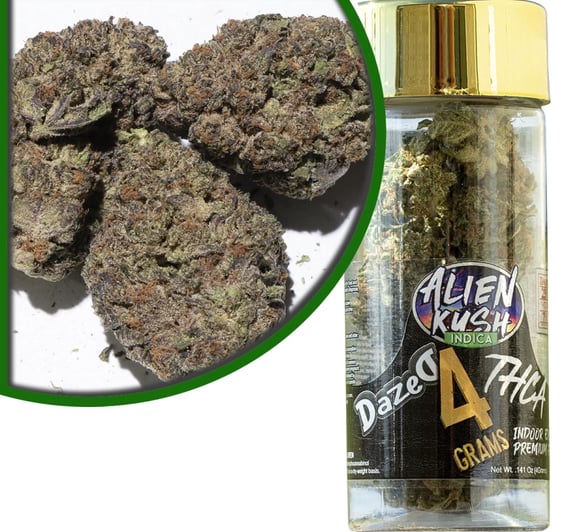Delta-8 THC (tetrahydrocannabinol) is a cannabinoid found in the cannabis plant, similar to the more well-known Delta-9 THC, which is the primary psychoactive compound in marijuana. Although Delta-8 THC and Delta-9 THC share similar chemical structures, Delta-8 THC has a few key differences that affect its effects and legal status.
Chemical Structure and Effects
Chemical Structure
Delta-8 THC: Delta-8 THC is an isomer of Delta-9 THC, meaning it has a similar molecular formula but a different arrangement of atoms. Specifically, the double bond in Delta-8 THC is located on the eighth carbon chain, while in Delta-9 THC, it is on the ninth carbon chain.
Delta-9 THC: Delta-9 THC has the double bond on the ninth carbon chain, which slightly alters its interaction with the endocannabinoid system in the human body.
Effects
Psychoactive Effects: Delta-8 THC is psychoactive but generally considered to be less potent than Delta-9 THC. Users report a milder and more clear-headed high, with less anxiety and paranoia.
Therapeutic Benefits: Similar to Delta-9 THC, Delta-8 THC may have therapeutic benefits, such as reducing nausea, stimulating appetite, alleviating pain, and reducing inflammation. Some users also find it helpful for managing anxiety and stress.
Legal Status
Federal Law
2018 Farm Bill: The legality of Delta-8 THC at the federal level is somewhat ambiguous. The 2018 Farm Bill legalized hemp and its derivatives, provided they contain less than 0.3% Delta-9 THC. Delta-8 THC can be derived from hemp, which makes it technically legal under this bill.
State Laws
Varying Regulations: States have different laws regarding Delta-8 THC. Some states have explicitly banned it, while others allow its sale and use. It’s important to check local regulations to understand the legality in your area.
Safety and Usage
Safety
Research: Research on Delta-8 THC is limited compared to Delta-9 THC. While preliminary studies suggest it has a lower psychoactive profile and potential therapeutic benefits, more research is needed to fully understand its safety and efficacy.
Contaminants: The production process of Delta-8 THC can sometimes involve chemicals that may leave harmful residues. It’s crucial to purchase Delta-8 THC products from reputable sources that provide third-party lab testing results to ensure purity and safety.
Usage
Forms: Delta-8 THC is available in various forms, including edibles, tinctures, vape cartridges, and gummies.
Dosage: As with any cannabinoid, it's important to start with a low dose and gradually increase to find the right amount for your needs. Users often start with 5-10 mg of Delta-8 THC to gauge their tolerance and response.
Conclusion
Delta-8 THC is an emerging cannabinoid that offers a milder psychoactive experience compared to Delta-9 THC, with potential therapeutic benefits. However, its legal status remains complex and varies by state. As with any cannabinoid product, it's important to do thorough research and purchase from reputable sources to ensure safety and compliance with local laws.

